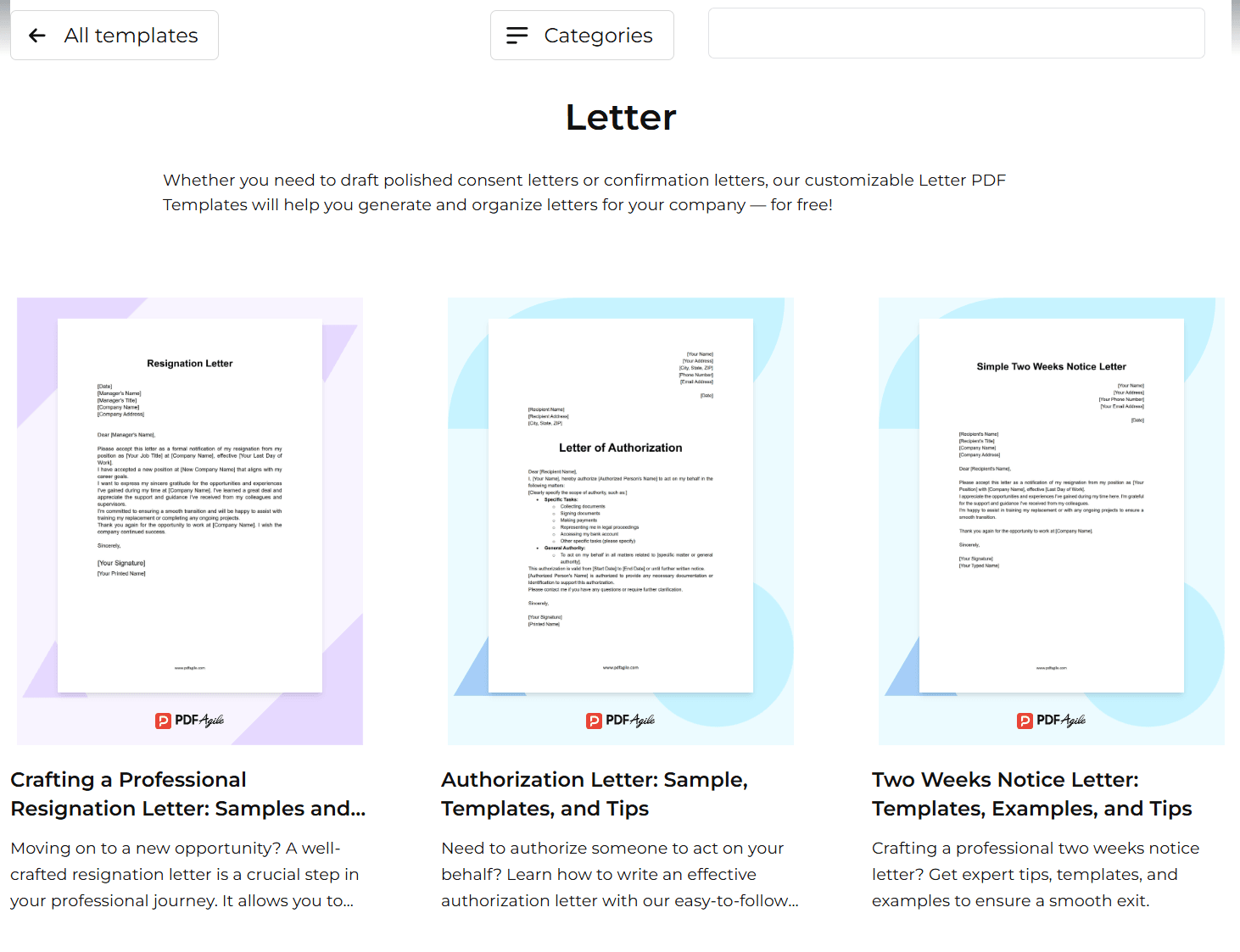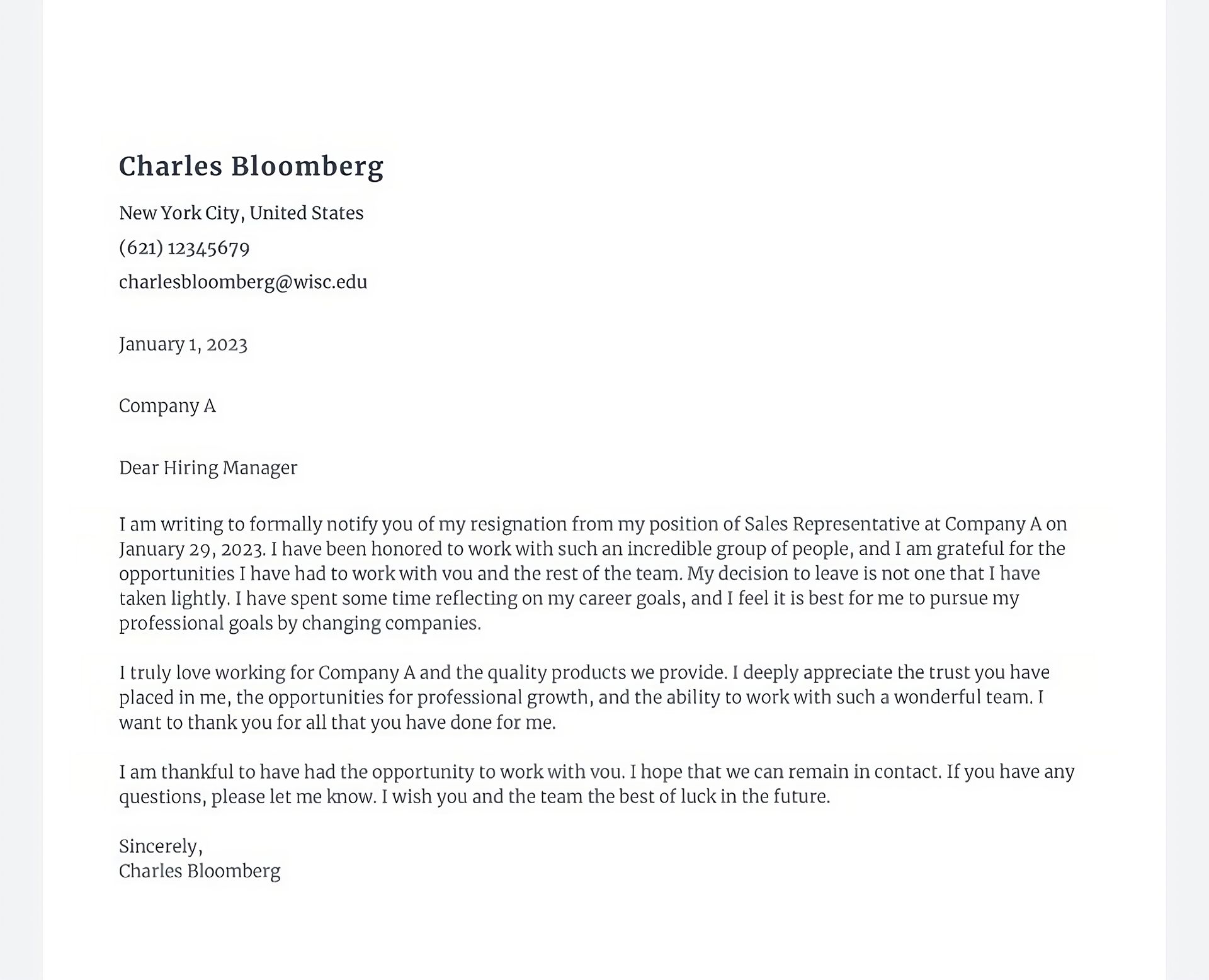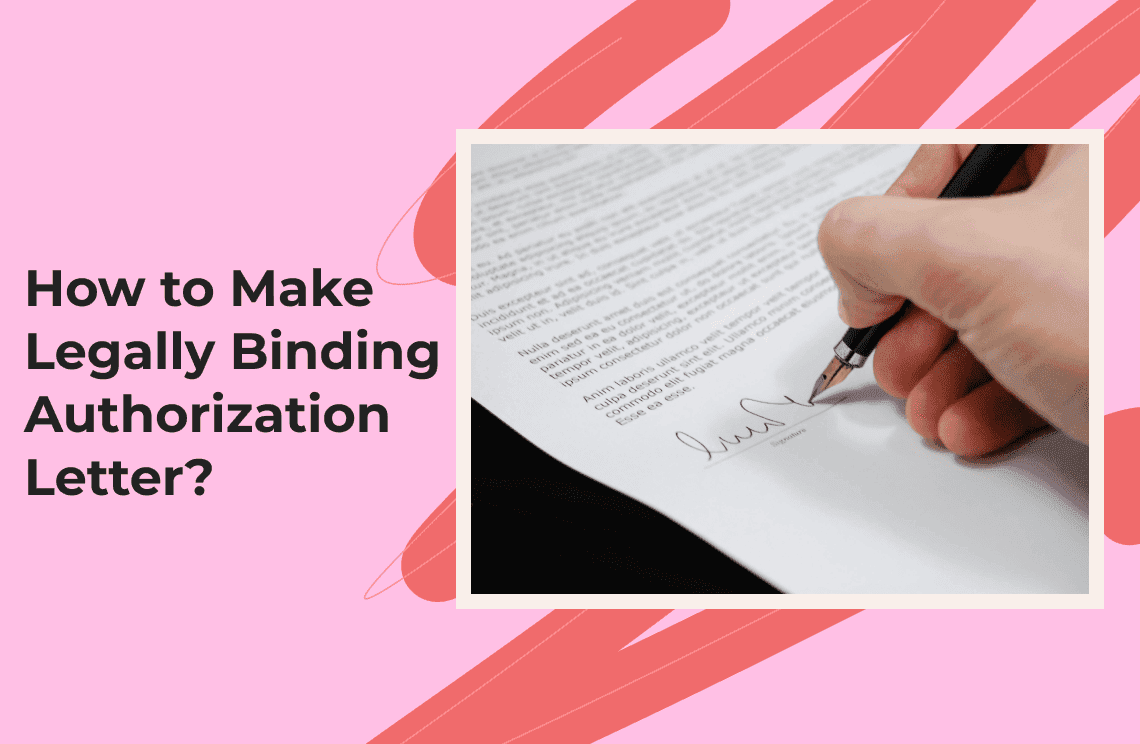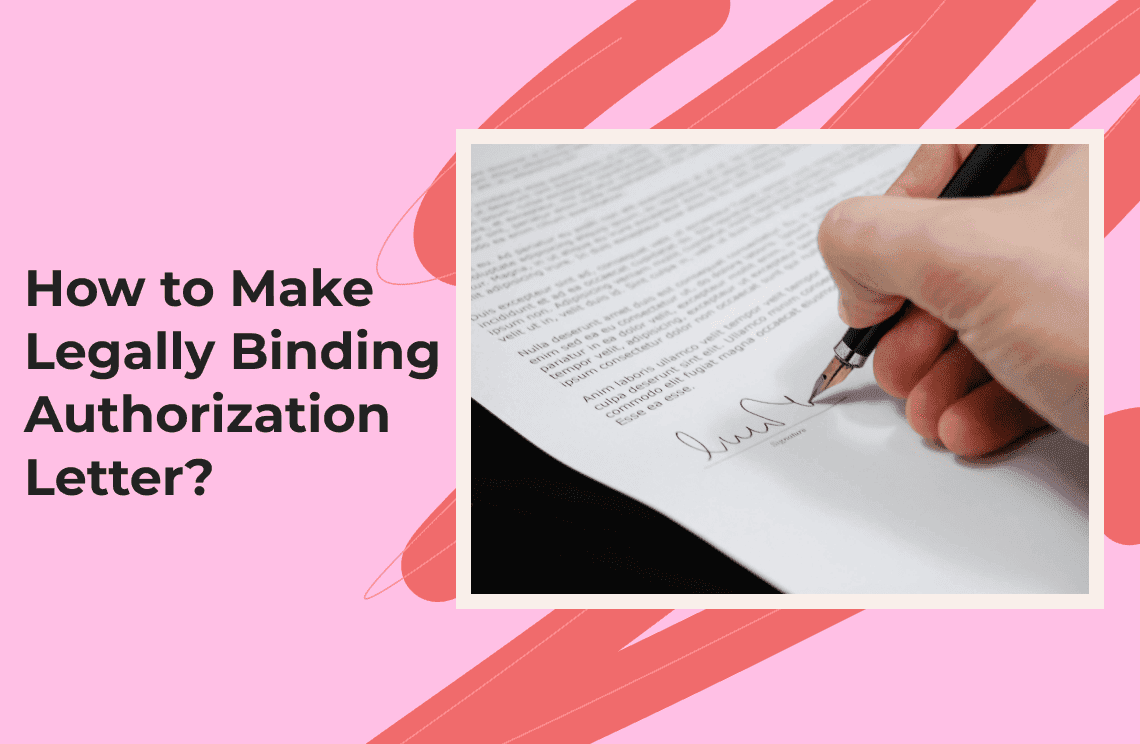If you have decided to leave an employer any time soon or immediately there are quite a few things to put in order before you do and one of them is writing a resignation letter for personal reasons. The mere fact that you were not sacked grants you ample time to set things in order before your departure. The letter of resignation for personal matters must contain vital information which should include your last day on the job, and vague reasons why you are quitting among other things.
This letter aids in your departure by giving your employer enough time to make adjustments to fill the void your departure will create. We will look at reasons why people resign from their jobs and how to draft a very good resignation letter for personal reasons.
Why Should You Send A Resignation Letter For Personal Matters?

Why should you send a resignation letter for personal matters? This type of letter allows you to leave your employer without offering them details about why you are leaving. It gives you the opportunity to maintain privacy and control over the information you share. Personal matters are just that—personal—and you are not obligated to disclose everything. The situation is different for everyone, and there isn't a single reason why someone might choose to write such a letter.
Sending a resignation letter for personal reasons ensures that you can share only the details you are comfortable with, without exposing the whole picture. Offering vague reasons can help keep the conversation from becoming uncomfortable and allows you to gracefully exit without unnecessary explanations. Furthermore, notifying your employer professionally about your departure ensures that you maintain a positive relationship and exit on good terms, helping to preserve your reputation.
Reasons Why People Send out Personal Resignation Letters
- You got a new job: If you get a new job with a different employer you may feel uncomfortable sharing the news with your current employer especially if the new employer is a direct competitor.
- Illness: Health challenges are a sensitive matter. You may feel uncomfortable divulging such information to someone who isn’t a family member or a close friend.
- Terrible work environment: The work environment you’ve been subjected to may be untenable so you’ve decided to quit. If your employer finds out it may crush their ego as this will be an indictment of their leadership.
- Going back to school: Perhaps you have decided to further your education so you can access better career prospects further down the line.
- Relocation: You may plan to relocate to a different city or county for multiple reasons.
- Work Schedule: If the schedule has changed and you are struggling to keep up, resigning is the honorable thing to do.
- Career change: Starting a new career involves leaving an employer that doesn’t offer you any path forward.
You don’t like the job: Maybe you just don’t like the job but you don’t want your employer to know because they are counting on you to handle certain responsibilities for them.

How to Write a Resignation Letter for Personal Reasons?
Here are the simple steps to take when writing this type of uncomfortable but necessary letter.
1. Proper Format: Be mindful of the type of formatting you use such as the font and size. Use fonts that are small but readable between sizes 10-12. You should also select a font that is commonly used as you don't want the text to be out of place. Fonts like Helvetica, Calibri, and New Times Roman including Arial are great for business missives. Make sure you format the headings with bold letters and include a paragraph for your signature.
2. Add contact information: The letter is not truly personalized if it doesn't have your contact on it. Include this at the top-hand corner on the left. You should provide your email, phone number, address, name, and title. Skip a line under that then add the current date or the date you want the letter sent out if it will not be sent immediately.
3. Add employer’s contact: After the space under where you've placed the date, add your employer's address. The recipient may be your employer, manager, or a superior to whom you are to forward the letter. Include the company name, job title, and the company address. Give a space then add the receiver's address. Under this is where you will begin the letter with a formal greeting starting with Mr, Mrs, or Dear.
4. Start With Clarity: You want to begin the letter in the clearest possible way. After the formal greeting, leave a space and clearly state your decision to leave the job. This helps eliminate any ambiguity, ensuring your intentions are immediately understood. A clear and direct approach sets a professional tone for the rest of your letter.
Continue by telling the reader when the decision will take effect. You don't need to give clear reasons why. Just adding "I wish to resign for personal reasons" is enough information. If you want to be less vague you might give an excuse without going into details. For instance, you might write "I wish to resign so I can take care of an important family matter".
Remember, you write a resignation letter for personal reasons without having to divulge too much. So you decide how specific you want to be so keeping the letter brief is important.
5. Express Gratitude: It is always important to express gratitude for the opportunity to work with them at the tail end of the letter. Keep the tone positive and thankful. You might express thanks for the personal growth experienced thus far. Remind them that you are leaving for personal reasons and not because you are dissatisfied. If you have a grievance, it is best to discuss it with HR rather than include it in your letter. Maintaining professionalism and keeping the letter concise helps ensure that your departure is amicable. While it’s important to be honest, leave on a positive note, as this will help preserve your professional relationships for the future. Your gratitude can go a long way in maintaining goodwill.
6. Offer to Help: Offering to help is another way to leave on a positive note. You can opt to help the company identify your replacement or help with a new hire. You can even help with the bedding process for whoever will replace you. If you are gracious enough, you might want to stay back until they find your replacement so the job will not suffer disruptions. This act of goodwill will reflect positively on you and your employer will be appreciative. This can come back to aid your course in the future if you have any need for a future reference should a new opportunity pop up. Your manager will be all too willing to help you.
7. Close well: You want to close the letter on a strong note by reiterating why you are resigning and your last day on the job. Add a closing like “Sincerely” or “Yours truly”. Give a space then add your signature to make it authentically yours. This will make it an official document for the records.
You want to keep a tight lip as what you tell them may get to the authorities through a backdoor and if your reasons reflect poorly on the management or work culture, your last days there will be extremely uncomfortable. By sharing too much, you risk creating unnecessary tension that could affect your reputation or future job references. Keep things polite but firm, and remember that your reasons for leaving are your choice. Avoid getting drawn into lengthy discussions or revealing too much.

Conclusion
It is necessary to write a resignation letter for personal reasons if you have decided to stop working with your employer but don't want them to know the main reason for your resignation. Your decision may have been influenced by a situation not connected to the workplace or perhaps something that happened to you while working with the company or establishment. Writing them a letter is a professional thing to do, but you don't have to give them any reason. If you want to download free resignation letter, please check PDF Agile Template Center.





